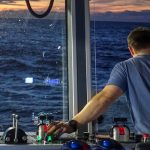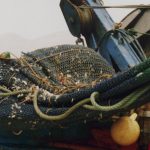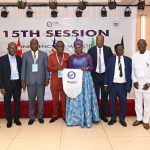Some environmental groups and local based community activists have condemned WWF’s effort to launch Aquaculture Stewardship Council (ASC) as a sellout to the international aquaculture industry. ASC clearly mentioned the standards for tilapia, pangasius, abalone and bivalves which is nothing but a crude attempt that perpetuated unsustainable production systems the activists dismissed WWF’s claim that the standards were developed in consultation with local communities and indigenous peoples who are affected by aquaculture farms.
The critics alleged that WWF’s plans to certify the export-oriented, industrial production of such species as shrimp, pangasius and salmon were developed specifically to promote the interests of the aquaculture industry. According these standards were being diluted under pressure from the industry so that the business won’t get affected. Natasha Ahmad of Asia Solidarity Against Industrial Aquaculture (ASIA), said that WWF is wrong to claim their standards include inputs from local “stakeholders” when the main body of those stakeholders- the local resource users, who are directly affected by the industry- did not have any voice in determining these ‘standards’.
Alfredo Quarto, of Mangrove Action Project, said that these WWF/ASC standards are just one more ‘pie-in-the-sky’ attempt to justify and expand the profits of an unsustainable and destructive industry, resulting in further loss of mangrove forests and displacement of local communities. Gudrun Hubendick of the Stockholm Shrimp Action Group in Sweden, said that WWF continues to ignore the risk that their shrimp certification scheme may result in actually increasing demand for shrimp, thus increasing the expansion of the bad practices that certification was supposedly trying to address through these standards.








